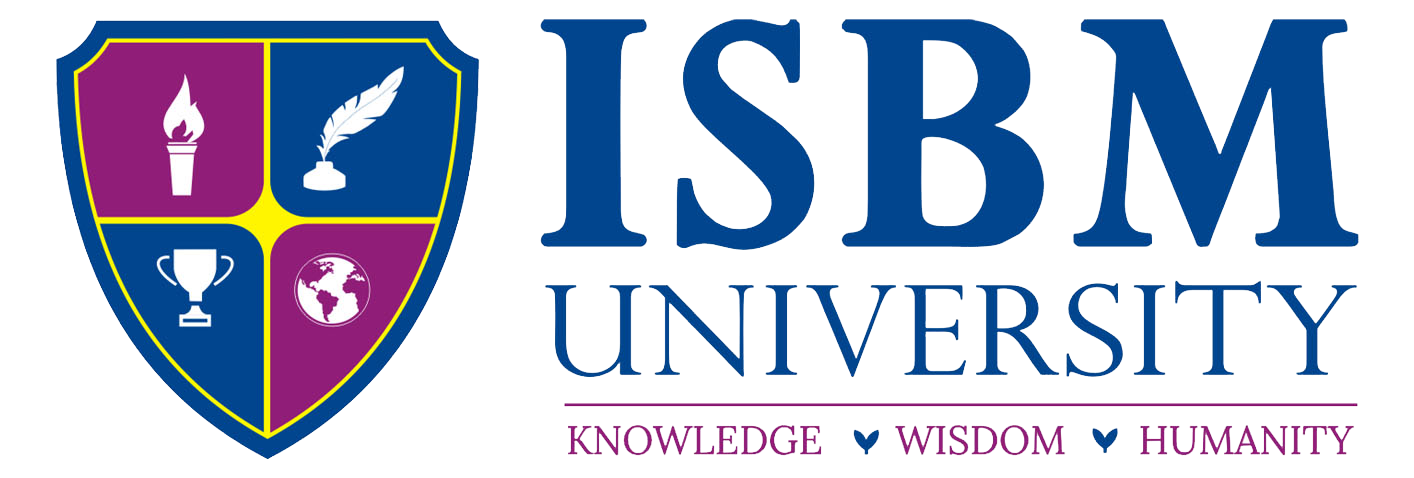The Vital Importance of Education for Tribal Communities
Education is more than just a means to gain knowledge—it is a transformative tool that reshapes tribal communities, fostering growth, preserving heritage, and enabling them to thrive in a rapidly evolving world. Here’s how education plays a vital role in empowering tribal communities:
- Nurturing Self-Empowerment:Education equips tribal individuals with the ability to make informed decisions and stand up for their rights. It fosters a sense of self-confidence, allowing them to actively participate in governance, take leadership roles, and chart their community’s future. Empowered individuals lead the way for collective progress and self-sufficiency.
- Opening Economic Opportunities: Access to quality education helps tribal communities break free from economic constraints. It prepares individuals for skilled jobs, entrepreneurial ventures, and new career pathways. By boosting earning potential, education uplifts families and drives regional development, creating a ripple effect of financial stability.
- Preserving Indigenous Culture:Education tailored to include tribal languages, customs, and traditional knowledge ensures that cultural heritage is not lost. It enables the younger generation to value and uphold their identity while blending seamlessly with contemporary societal demands. Education becomes a bridge between tradition and modernity.
- Promoting Health Awareness:Through education, tribal communities gain access to crucial information about hygiene, nutrition, and healthcare practices. Knowledge about disease prevention and access to medical resources improves the overall health and longevity of the community. Healthy individuals contribute more effectively to their community's growth.
- Encouraging Sustainable Practices:Tribal communities possess unique knowledge about sustainable living. Education enhances this understanding by integrating modern ecological principles with traditional practices. This ensures environmental conservation, allowing communities to thrive in harmony with nature while protecting resources for future generations.
- Breaking Social Barriers:Education dismantles stereotypes and discrimination faced by tribal communities. It creates pathways for social inclusion, allowing tribal individuals to actively participate in mainstream society while maintaining their identity. Educated youth become ambassadors of change, fostering respect and equality.
- Empowering Women as Change-Makers:For tribal women and girls, education is a game-changer. It provides them with the tools to overcome societal barriers and pursue careers. Educated women uplift entire communities, as they prioritize health, education, and development, creating a legacy of progress for future generations.
The Transformational Power of Education
Education is not just about acquiring knowledge; it is a cornerstone of community development. Educated tribal individuals gain the tools to lead better lives, protect their heritage, and address the unique challenges they face.
When education reaches tribal women and girls, its impact multiplies. Educated women transform their families and communities, ensuring long-term development, equality, and prosperity.
Investing in education for tribal communities is a step toward a more inclusive and equitable society. It creates a future where tribal individuals thrive, their voices are amplified, and their unique identities are preserved in an ever-changing world.
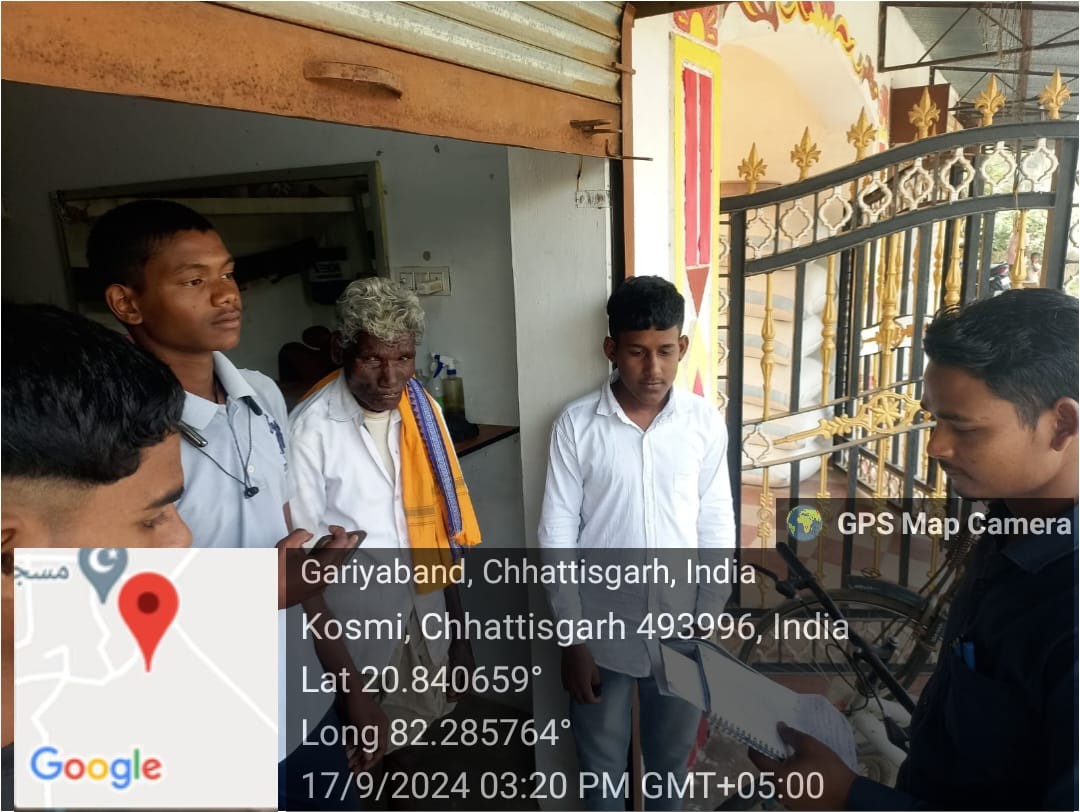
Employment Awareness For Rural Development
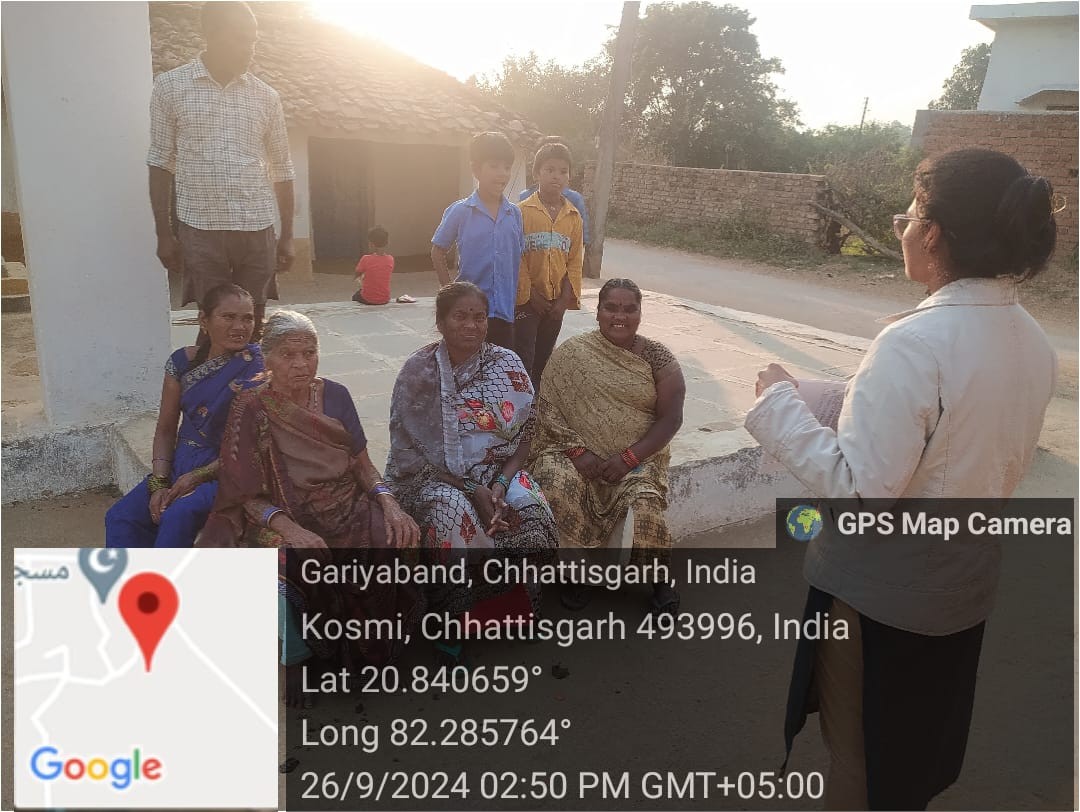
Discussion with tribal people
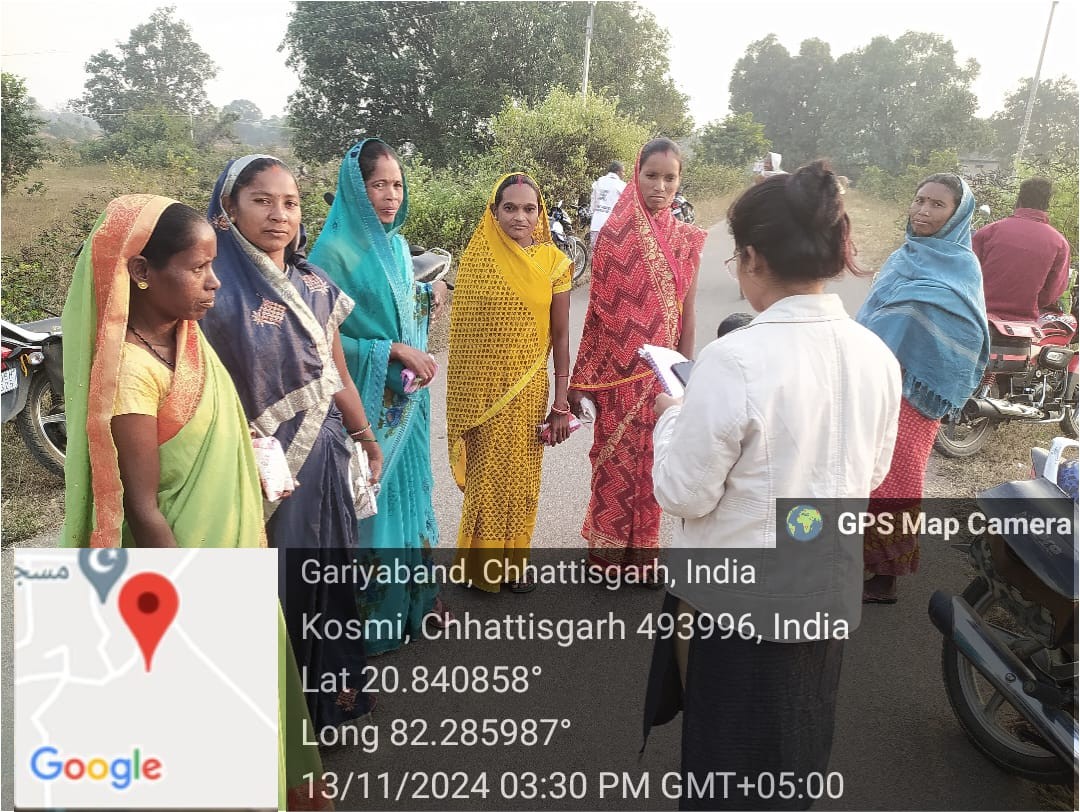
Awareness Program on Women Diet and Health
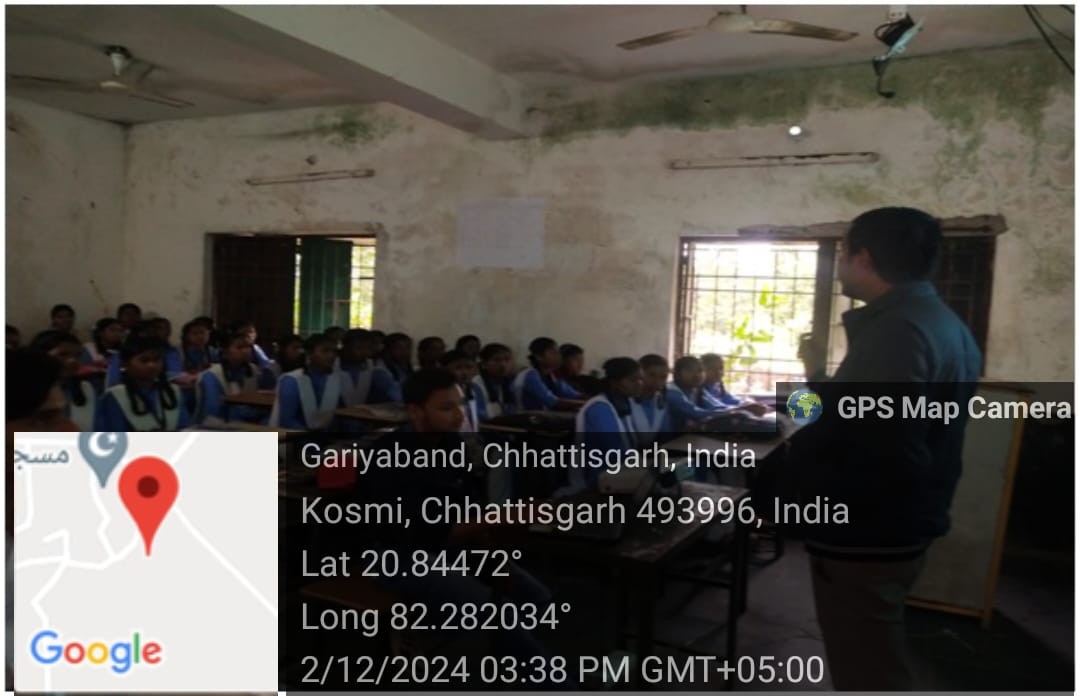
Computer Literacy Day at Tribal School
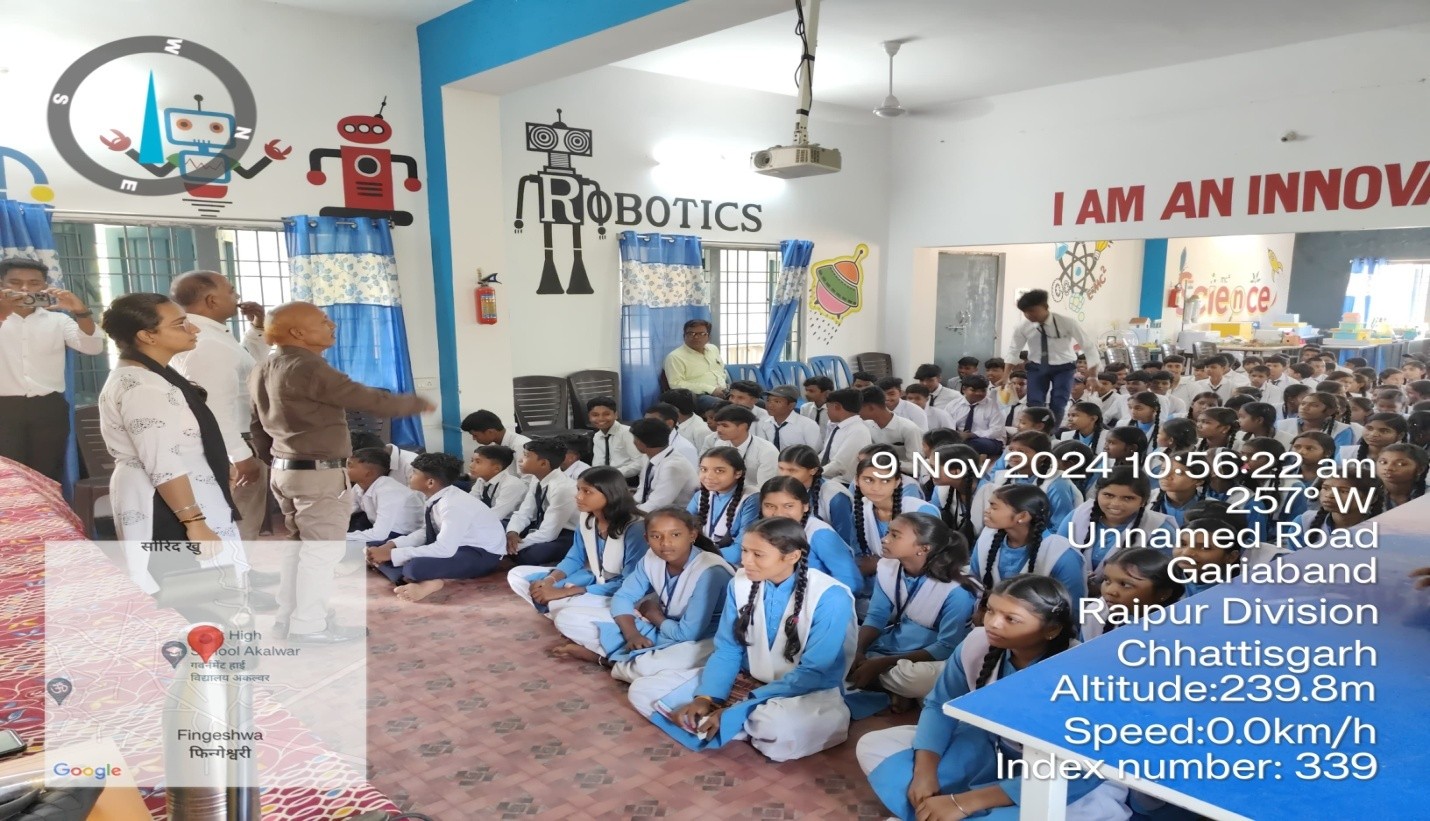
Legal Awareness Program for Rural students
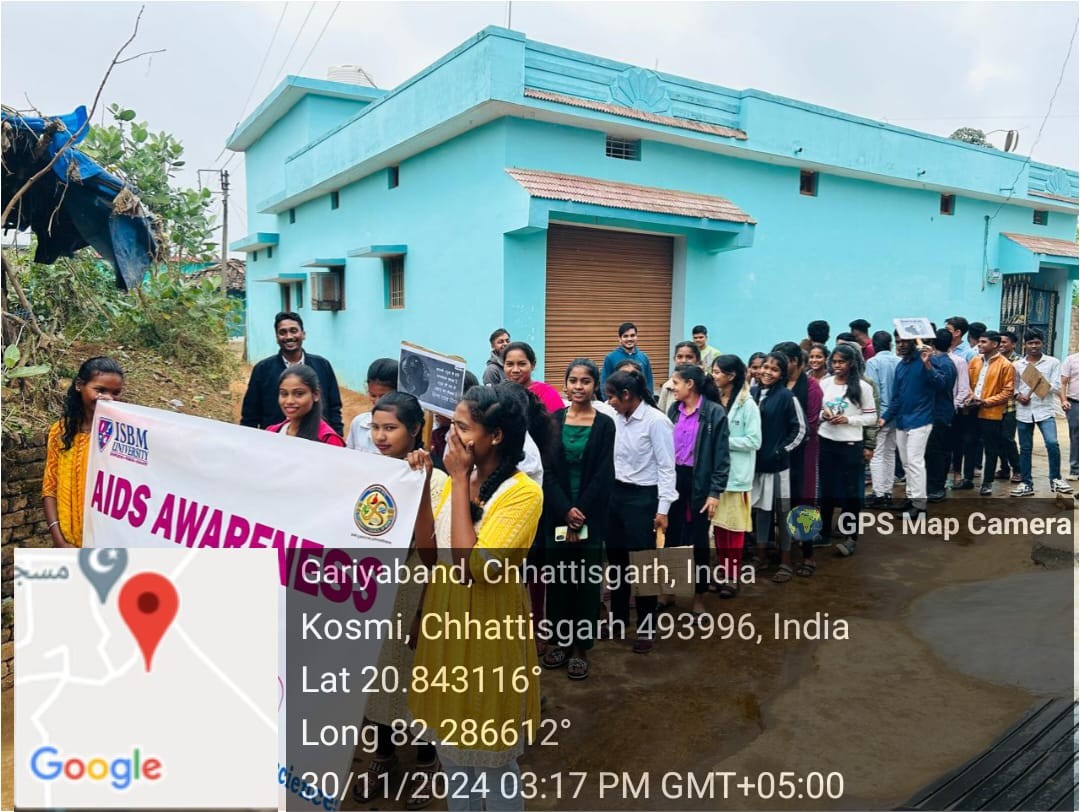
AIDS Awareness Rally
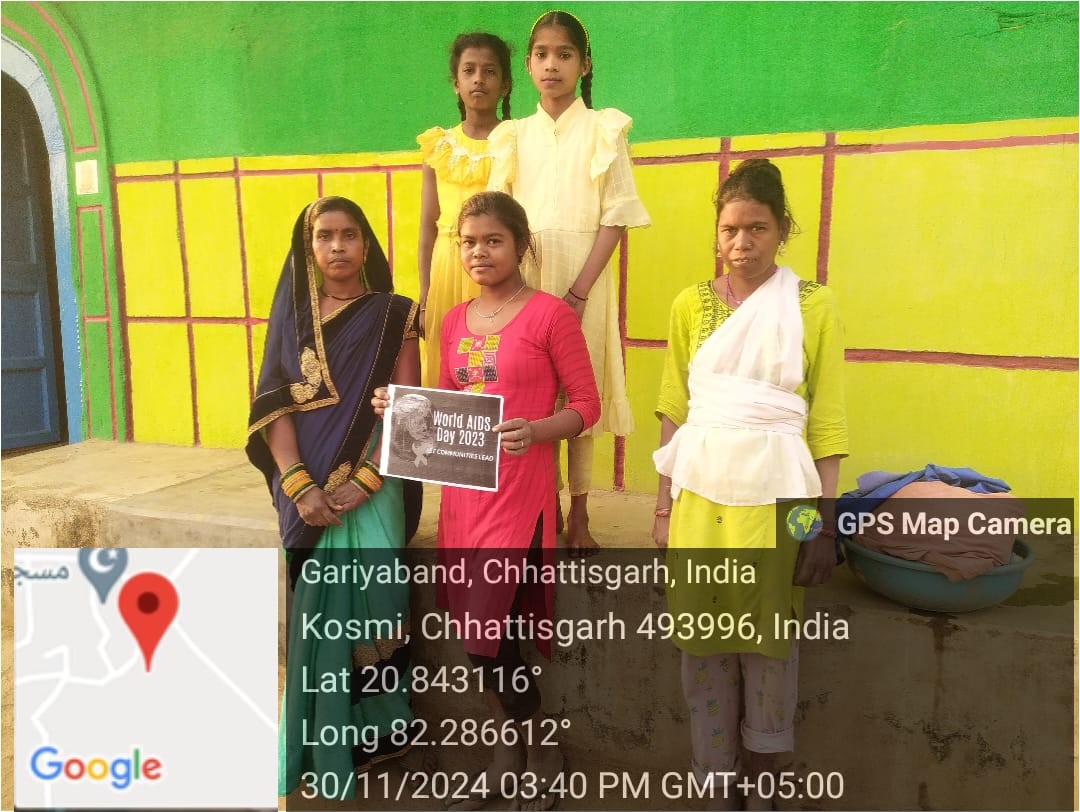
AIDS Awareness for Tribal People
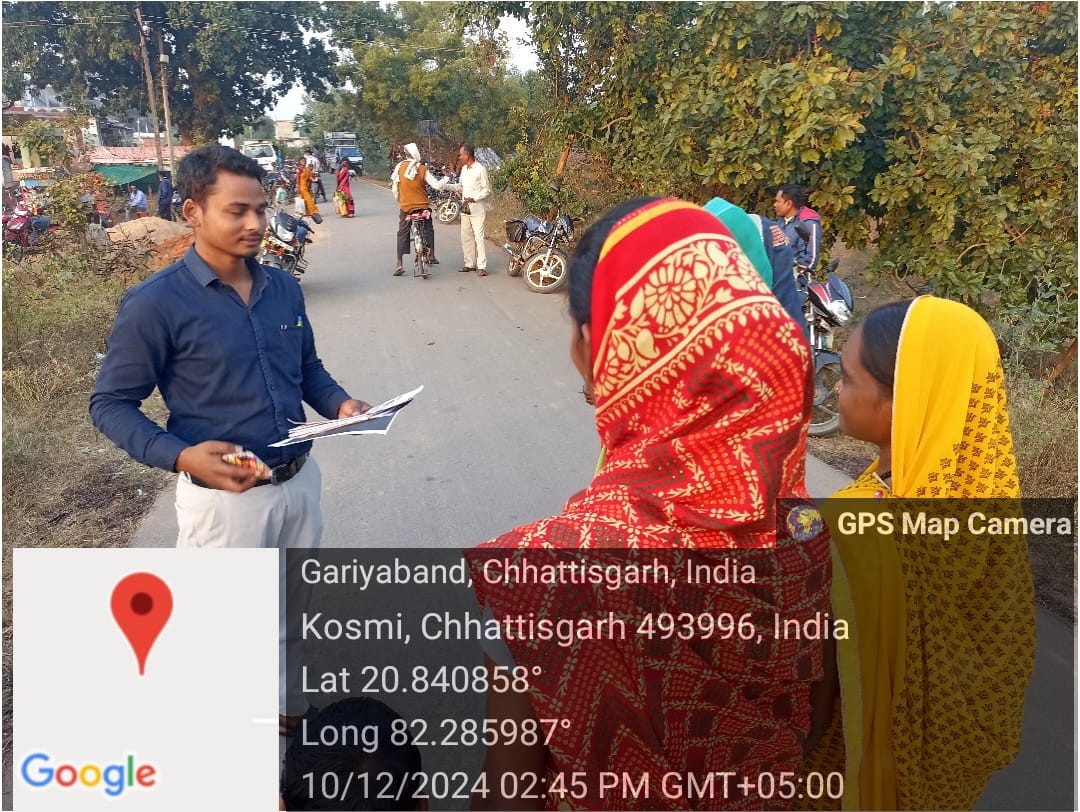
Educational Discussion with Tribal People

Helmet Awareness Campaign

